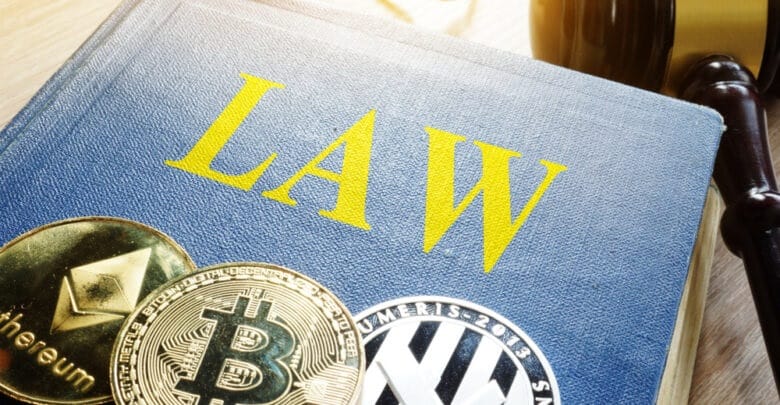Lightning Labs protocol project was recently embroiled in a legal tussle with Tari Labs. The lawsuit received quite a criticism from crypto enthusiasts with some calling it unnecessary and frivolous.
However, the parties have supposedly reached an agreement to convert the restraining order.
In essence, it is to halt the development of the protocol till the court reaches a proper and just decision.
The Legal Battle
While Tari Labs is a blockchain startup, Lightening Labs is a Bitcoin software firm and therefore, they have a trademark dispute going on.
The dispute is regarding trademark infringement wherein Lightening Labs has been accused of using a similar name for their protocol.
Tari claimed that the name Taro was too similar to their own protocol name which is already a registered trademark in the United States.
There has been a violation of Tari’s trademark rights which calls for legal action and protection of its intellectual property rights.
As a result of this, the court issued a restraining order to prevent further infringement of Tari Lab’s trademark rights.
However, the two companies have now reached an agreement to stop the development of the project in view of the court’s order.
It is a temporary restraining order to prohibit the party from working further on the project till the case gets finally resolved.
Converting the Restraining Order
The respective lawyers of Tari Labs and Lightening Labs came up with the proposal of altering the restraining order earlier this week. They wanted to convert it to a preliminary injunction from a restraining order.
With this, the Lightening would be prevented from taking certain actions with respect to Taro protocol until further notice, temporarily.
Such an order will ensure that there is no change in the prevailing circumstances till the final decision.
Sometimes lawsuits take time and during this time the circumstances often considerably change. Any considerable change in the circumstances can often lead to adverse implications for the parties involved.
Agreement between Tari Labs and Lightening Labs
As per the understanding between the two companies Tari and Lightening, no further improvements would be made to the Taro protocol.
Additionally, no internal updates could be combined with the publicly available open-source code of protocol.
According to the agreement, Lightening is also restrained from making any announcements or launching the next step or milestone in connection with the protocol.
This suggests that Tari doesn’t want Lightening to make any significant changes or take credit for anything before the court decision.
Rightfully so if a major change or announcement is made regarding the protocol then the legal battle would be futile.
Nevertheless, the agreement allows Lightning to communicate with non-Lightning users and developers as far as such communications do not relate to Taro’s development.
Essentially this is to ensure that there is no furtherance in the development of the protocol by the Bitcoin software firm.
New Name for Taro Protocol
For any announcements regarding the protocol, it was suggested that the name Taro could be referred to as the prior name.
The new name of the protocol could reference Taro as its previous name in announcements and marketing materials. However, it was noted that the new name must not be ambiguously similar to Tari or Taro.
The names Tari and Taro are both associated with the current Tari Labs and Taro protocol. Essentially, it is suggestive that the new name must be distinctive enough that it is not easily confused with Taro or Tari.
However, it may still be able to reference the protocol’s prior name as a point of reference or continuity.
How Will This End?
The lawsuit dates as far back as December last year when Tari Labs brought its first claim against Lightening. It was contested that both companies were part of the same blockchain ecosystem and provided analogous services.
It is hard to say how things will end for both companies legally but there is an ongoing Twitter war currently.
According to some crypto users, the lawsuit is baseless while others believe that this indeed is an infringement of intellectual property rights.

